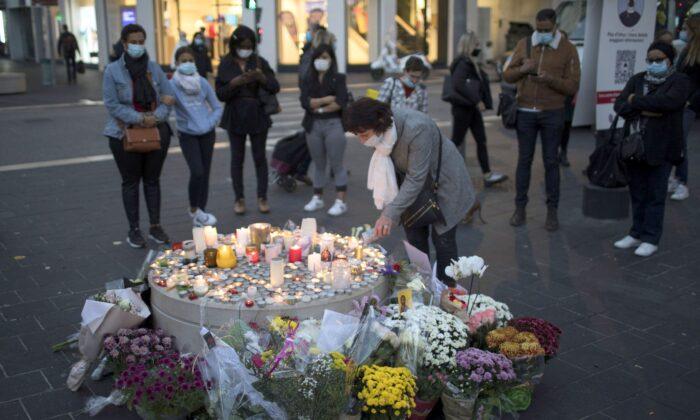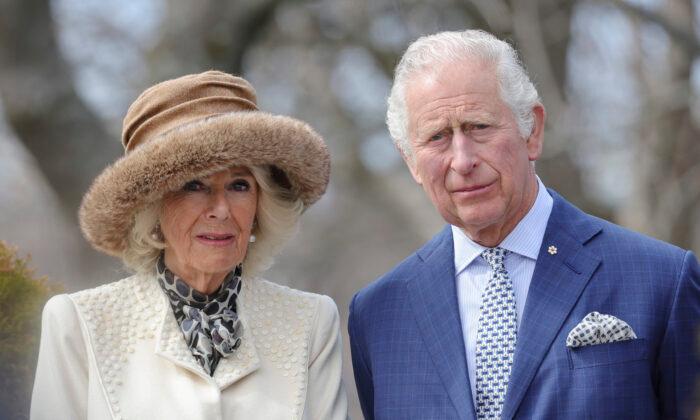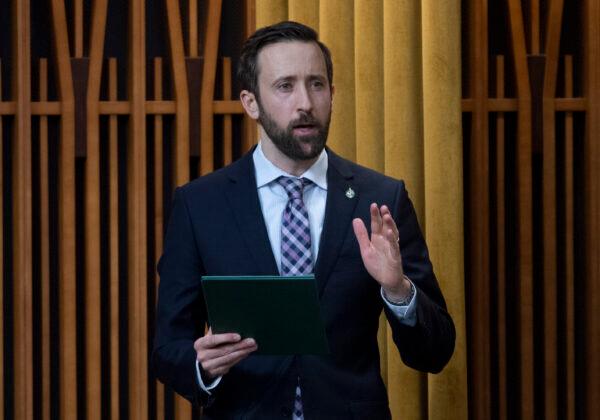Canada is not at the same level of risk as France when it comes to terrorist attacks, but that doesn’t mean we should be complacent, says Phil Gurski, a former analyst at the Canadian Security Intelligence Service (CSIS) and an expert on Islamic terrorism.
“France is in deep trouble right now and there’ll probably be more attacks, but I don’t see anything like that picking up here at the moment,” he said in an interview.
“Geography is really huge; we of course have an ocean. If you look at what’s happening in France, for instance, the young man who beheaded the person in the church was from Tunisia. He got on a boat and reached the Italian island of Lampedusa, then made his way into the European Union. If you put your mind to it, you can find your way around from a country like Italy to France,” he says.
“You just can’t do that in Canada. There’s vetting and challenges in place by immigration, CSIS, and the RCMP.”
A prominent focus of much of the discussion over Canada’s counterterrorism strategy has been the question of radicalization, part of which can occur in the online space.
In his research, scholar and terrorism expert Alex Wilner found that online lectures like those by American-born radical imam Anwar al-Awlaki have played a significant role in radicalizing young people, especially in well-known cases such as former University of Ottawa student John Maguire.
“Awlaki’s English-language lectures and sermons, posted online, distilled militant jihadist ideas to a simple religious obligation to help ease the purported suffering of Muslims abroad,” he writes.
It was six years ago last month that a series of shootings occurred on Parliament Hill, killing Cpl. Nathan Cirillo, who was on sentry duty at the National War Memorial. Michael Zehaf-Bibeau, who had converted to Islam but was thought to be mentally ill, was killed in a shootout with Parliament security personnel.
Two days previously, on Oct. 20, 2014, two Canadian Forces members were hit in a vehicle ramming attack, resulting in the death of warrant officer Patrice Vincent. The RCMP and the federal government characterized the homicide as a terrorist act by Martin Couture-Rouleau, who was inspired by the ISIS terrorist group.
One aspect of the concerns about radicalization in Canada has been the need to monitor social media posts and other related content. But Gurski says the degree of radicalization that might take place online is very hard to measure.
“There are many people who write or express all kinds of things online, and the majority of these people wouldn’t be able to organize anything significant and they have no intention of doing so,” he says.
“When I worked at CSIS, the vast majority of people like this would talk the talk but would never walk the walk. There were legitimate investigations into people saying all kinds of things online, but when push came to shove, they never did anything.”






Friends Read Free